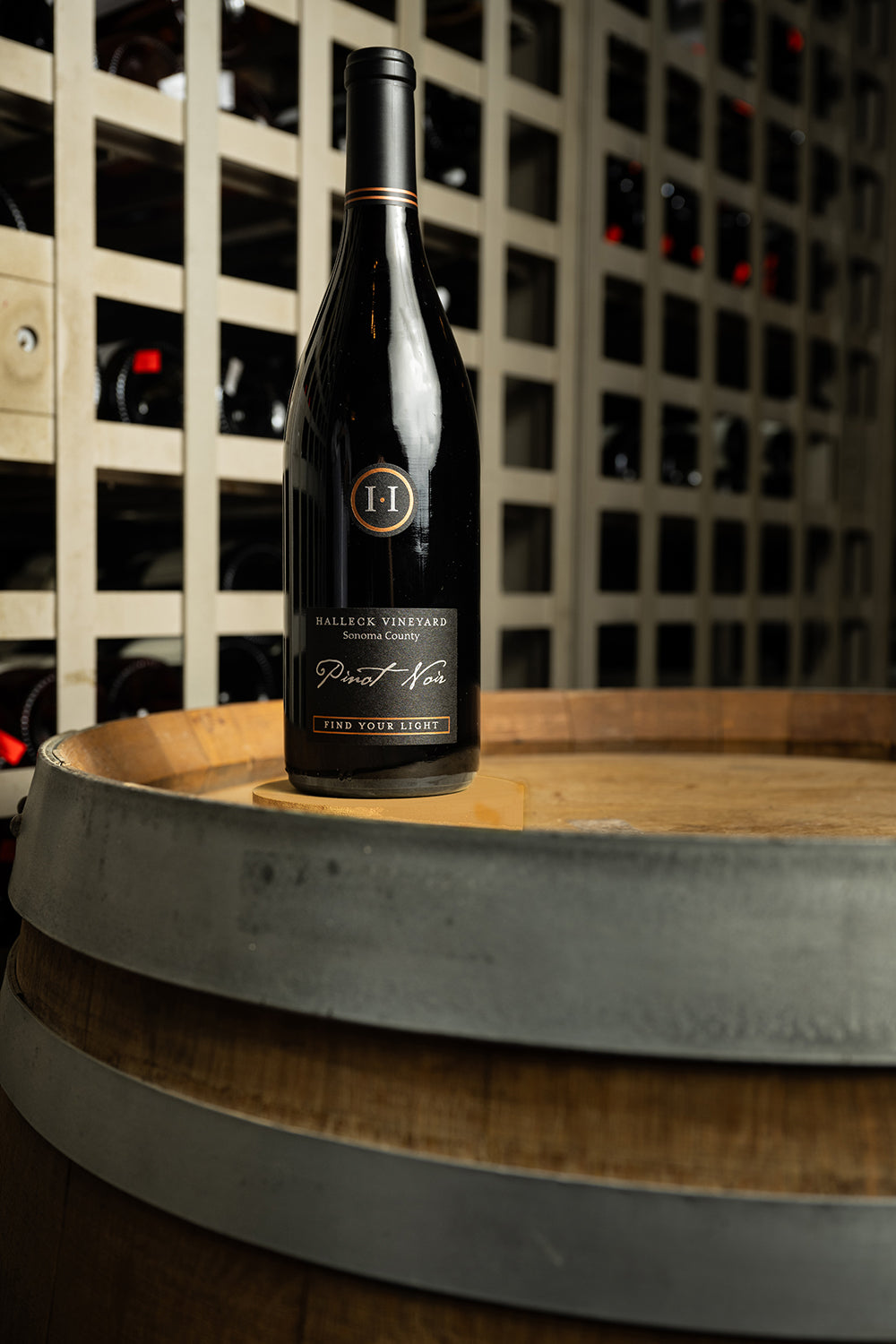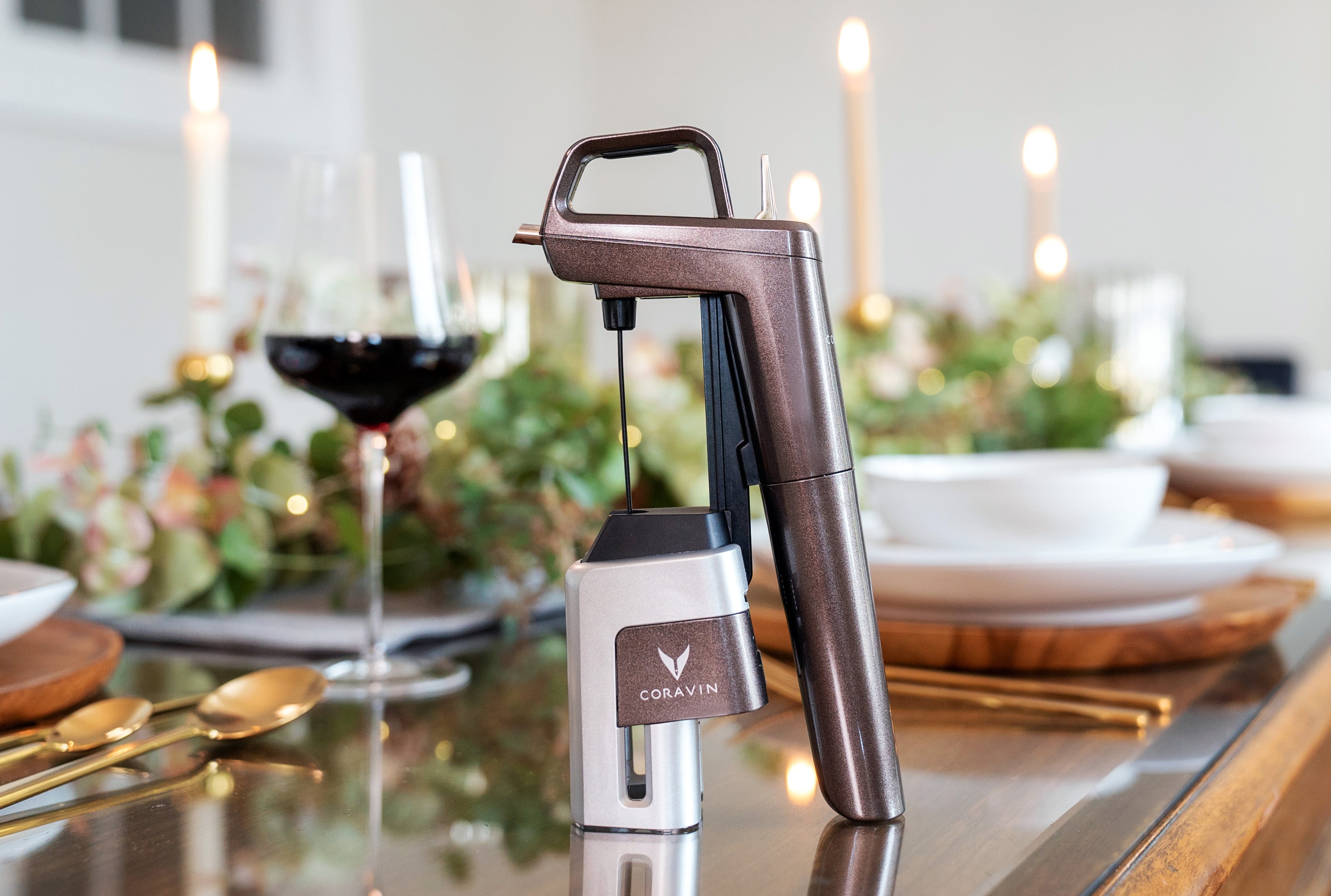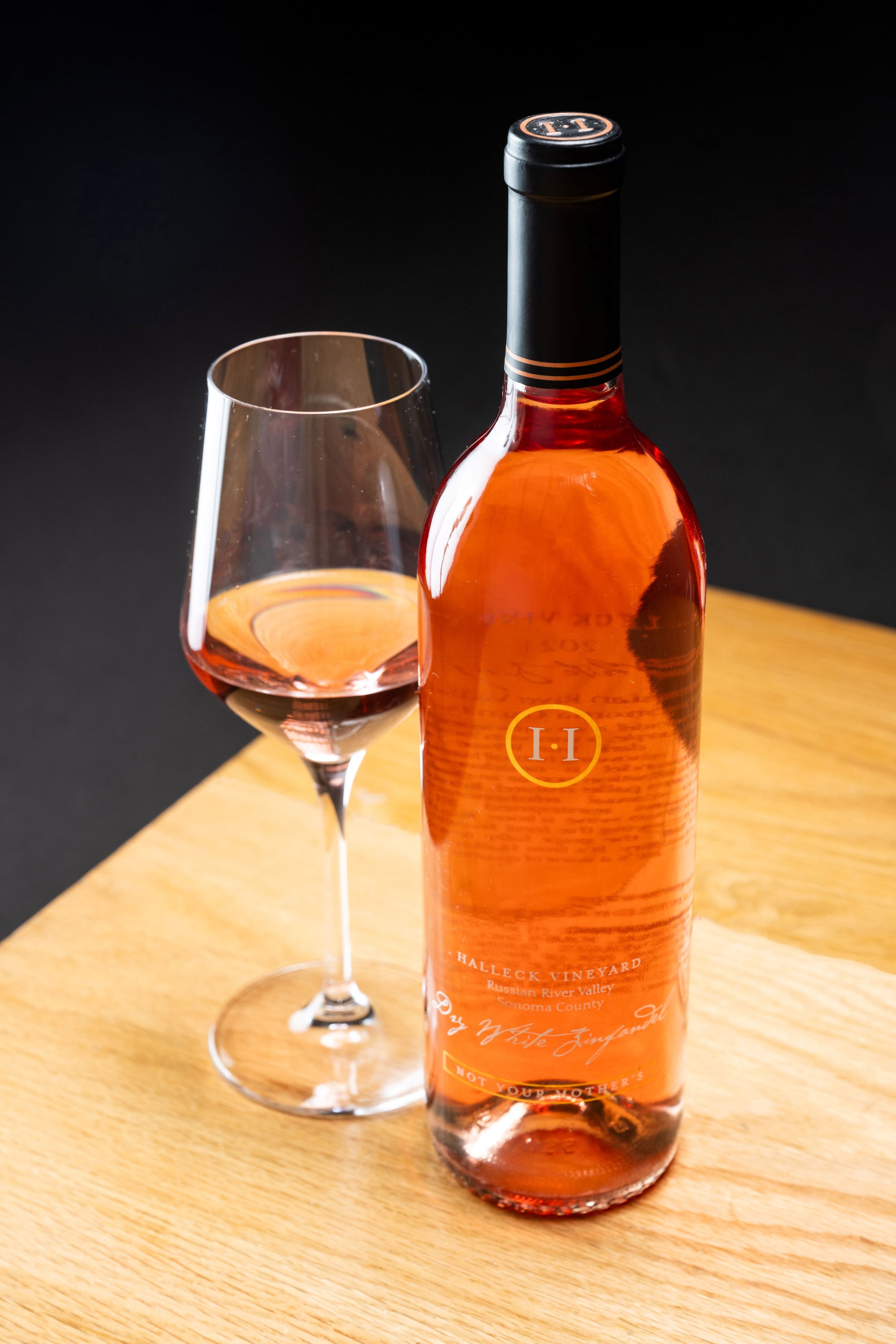Wineries In The Heart Of Sonoma County Wine Region - Sonoma Wine Retreats
Wineries In The Heart Of Sonoma County Wine Region - Sonoma Wine Retreats
Blog Article
Spectacular Vineyard Views In Sonoma - Sonoma Vineyards For A Perfect Day Out
Wine tasting is an art that requires practice and an understanding of various elements concerned within the course of. One essential component of wine tasting is the event and interpretation of tasting notes, which function a guide for each novices and seasoned connoisseurs. A Guide To Understanding Winery Wine Tasting Notes can enhance your wine-tasting experience, making it extra significant and pleasant.

Tasting notes are concise descriptions that capture the essence of a wine’s flavors, aromas, and general character. Often composed by professional tasters, winery tasting notes supply insights into the nuances of various wines. They might help wine enthusiasts perceive what to expect from a specific bottle. Nonetheless, tasting notes can vary extensively in style and element based mostly on the author's experience and palate.
Wineries Ideal For Romantic Getaways - Exploring Sonoma's Wine Landscape
When you first approach a glass of wine, your senses will start to have interaction immediately. The sight, smell, and taste of the wine will converge to provide you a whole experience. Tasting notes typically start with the visible assessment, where the color of the wine is taken into account. Color performs a big role in indicating the wine’s age, grape selection, and even its flavor profile.
After assessing the visual side, the following step includes swirling the wine in the glass. This motion aerates the wine, permitting its aromas to awaken. Smelling the wine provides crucial perception into its complexity. The preliminary sniff can deliver a flood of scents that will include fruity, floral, natural, or earthy notes. This is usually the most subjective a part of tasting, as particular person experiences can dramatically differ.
In winery tasting notes, descriptors are often categorized into major, secondary, and tertiary aromas. Main aromas normally stem from the grape selection, secondary aromas derive from fermentation processes, and tertiary aromas arise from growing older. Understanding these classes might help you recognize the depth of a wine, they usually additionally give you the vocabulary to express your experience higher.
Vineyard Tours With Guided Tastings In Sonoma - Discover Sebastopol's Wine Scene
Following the olfactory encounter, your focus will shift to the style of the wine. This is where the primary characteristics—sweetness, acidity, tannins, alcohol—come into play. Tasting notes usually element these flavors in multiple dimensions, including the preliminary assault on your palate to the lingering finish in your tongue. A high-quality wine will current a harmonious stability between these elements.
While tasting, it is essential to ponder the body of the wine, which can be described as light, medium, or full. The body contributes significantly to your general impression, serving to you contemplate how the wine pairs with food or whether or not it stands alone as a sipping wine. Balancing the physique with the opposite traits will give you a fuller understanding of what the wine has to offer.
The end of the wine, additionally referred to as the aftertaste, is another important aspect usually included in tasting notes. A long, pleasant finish normally signifies a better high quality wine, whereas a brief or cloying aftertaste could recommend otherwise. Evaluating the end can offer further perception into the wine's complexity and distinction.
Understanding the context of winery tasting notes is also priceless. Tasting notes can provide contextual information about the vineyard's location, local weather, and grape-growing practices. This context adds one other layer of appreciation for the wine, allowing enthusiasts to attach the sensory experience with its origins, thus enhancing the enjoyment further.
Interactive Wine Tasting Experiences In Sonoma - Vineyard Tours In Sebastopol
Many wineries provide tasting notes on their web sites or labels, typically written in an approachable yet informative style. However, not all winery tasting notes are created equal. Some may be overly technical, whereas others would possibly prioritize advertising aptitude over insightful analysis. Learning to navigate these notes can arm you with the data to make knowledgeable choices when deciding on wines.
Participating in tastings at wineries also can deepen your understanding of wine tasting notes. Interacting with educated staff may give you a more hands-on approach to exploring completely different wines and the language used to describe them. Sonoma's Top Sparkling Wine Producers. You'll have the chance to ask questions, interact in discussions, and probably refine your palate in actual time.
Experimentation is important for mastering wine tasting notes. As you pattern different wines, strive making your individual notes. Focus on describing the wine’s shade, aroma, style, and end. Over time, you’ll develop a private vocabulary that resonates with your sensory experiences. Every note you create will help refine your palate, permitting you to understand wines at a deeper stage.
Wine Tasting Trails In Sonoma Valley - Vineyard Tours In Sebastopol
In conclusion, a Guide To Understanding Winery Wine Tasting Notes offers a comprehensive framework for diving into the world of wines. It equips you with the strategies and language essential to articulate your experiences. Whether Or Not you're a casual drinker or a devoted aficionado, understanding and utilizing tasting notes can profoundly impact your wine journey. This information not only enhances your enjoyment but in addition connects you deeply with the wealthy narratives each bottle tells. By embracing this journey, you turn into part of the great post to read beautiful mosaic of wine culture, where every sip unveils a new story waiting to be discovered.
- Wine tasting notes usually encompass a wide selection of sensory descriptions, together with aroma, flavor, acidity, physique, and end, permitting tasters to totally respect the wine's traits.
- To enhance your understanding, familiarize yourself with widespread wine terminology such as "tannins," "oakiness," or "terroir," which may help decipher the notes extra successfully.
- A systematic method to tasting involves first visually assessing the wine's colour and clarity, adopted by swirling to release aromas, then inhaling and describing what you experience.
- Taking notes throughout tasting might help establish patterns over time, bettering your palate and making it simpler to recall preferences for future alternatives.
- Don't overlook the influence of food pairings; tasting notes can differ significantly when a wine is loved with complementary flavors, altering perception and enjoyment.
- Pay attention to the wine’s vintage, as climatic conditions in a given 12 months can significantly have an effect on the final product, including another layer to the tasting notes.
- Consider the winemaker's style and philosophy, which can shape the wine's profile and influence how its notes evolve with each sip.
- Training with completely different grape varieties can broaden your vocabulary; every kind brings unique characteristics that can improve your capacity to articulate tasting notes successfully.
- Partaking with wine professionals or attending tasting events can present priceless insights, providing a richer context for understanding personal tasting notes.
- Remember that tasting is subjective; individual preferences and experiences will shape one’s interpretation of the same wine, enriching the general enjoyment of wine exploration.
What are wine tasting notes?
Wine tasting notes are descriptive feedback made by tasters concerning the look, aroma, style, and end of a wine. They present an summary of the wine's characteristics and can help customers perceive the style and quality of the wine.
Wineries Promoting Wine Club Memberships - Local Wineries In Sebastopol
Why are tasting notes essential when deciding on wine?
Tasting notes can guide you in selecting a wine that suits your palate. They present insights into flavors and aromas, serving to you to match wines with food or occasions. Understanding these notes enhances your overall wine experience.
How ought to I read wine tasting notes?
(Wine Tasting Events In Sonoma County)
Interactive Wine Tasting Experiences In Sonoma - Luxury Wine Tasting In Sonoma County

When reading wine tasting notes, take note of the structure: search for descriptions of color, aroma, flavor, and end. This will assist you to grasp the wine's profile and determine if it aligns along with your preferences.
What phrases commonly appear in wine tasting notes?
Common phrases embody "tannin" (the structure), "acidity" (the crispness), "physique" (the weight), and varied flavor descriptors like "fruity," "earthy," or "spicy." Familiarizing yourself with these terms can deepen your understanding of wine.
Wineries Pairing Wine With Chocolate - Sonoma Wine Region Vineyards
Am I Able To create my very own tasting notes?
Yes! Writing your individual tasting notes can improve your wine tasting experience. Focus in your observations of taste, aroma, and other sensory characteristics. This personal practice can help you refine your palate over time.
How do I identify the aromas in wine tasting notes?
Upcoming Wine Festivals In Sonoma County - Sonoma Wine Tasting Recommendations
To establish aromas, practice smelling quite a lot of scents and associating them with wines. Swirl the wine in your glass to release its aromas, then take a moment to breathe in deeply earlier than figuring out any distinguished scents.

What is the difference between professional try here and private wine tasting notes?
Professional tasting notes may use extra technical language and particular terminology, while personal tasting notes are subjective and mirror individual experiences. Both are priceless for understanding and enjoying wine, however personal notes could resonate more together with your distinctive tastes.
How can tasting notes enhance my wine appreciation?
Exclusive Wine Clubs In Sonoma - Best Winery Located In Sonoma
Tasting notes can enhance your appreciation by helping you to know and articulate the complexities of wine. They encourage aware tasting and provide a framework for comparing totally different wines, resulting in a richer enjoyment of the beverage.
Are there any apps or tools to help with wine tasting notes?
Yes, there are a number of apps designed to help users record and organize their tasting notes. These instruments usually provide options like flavor wheel guides and wine database searches, making it simpler to trace your journey by way of completely different wines. Report this page